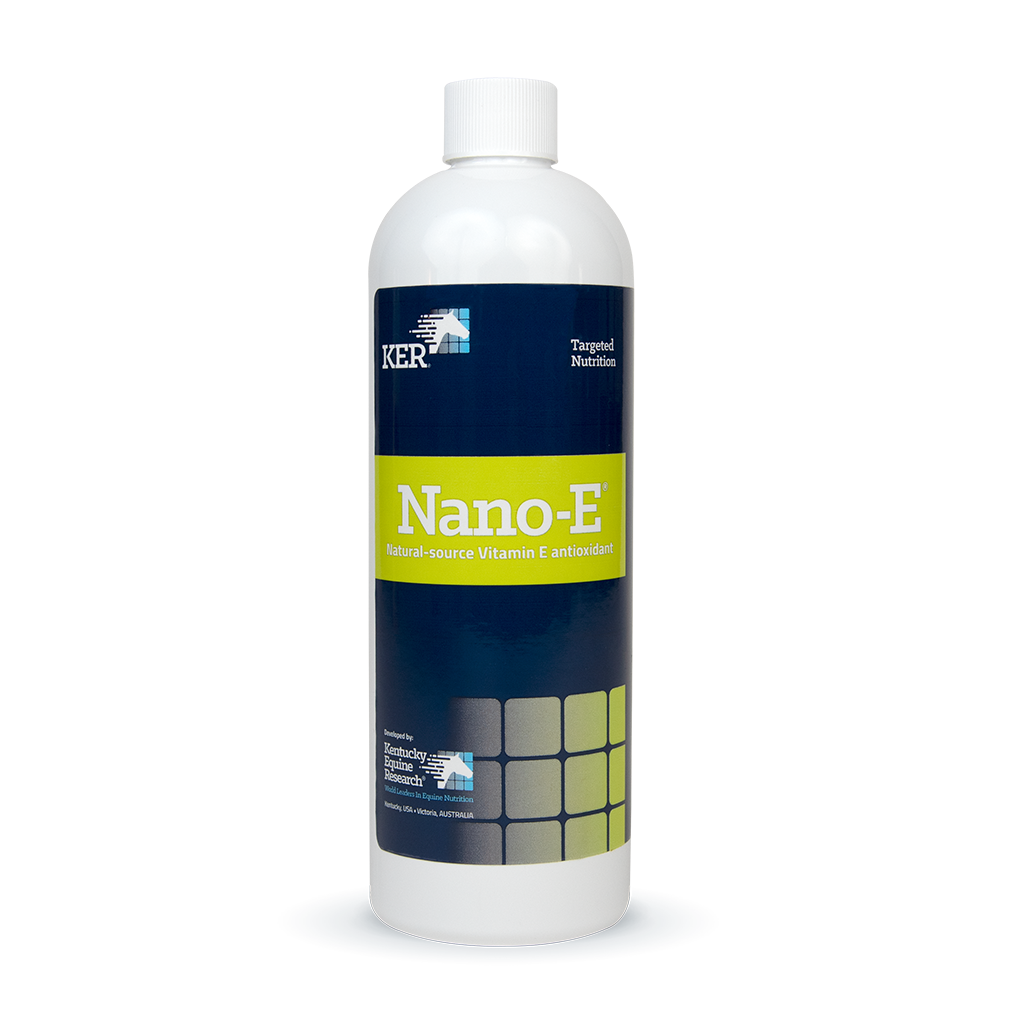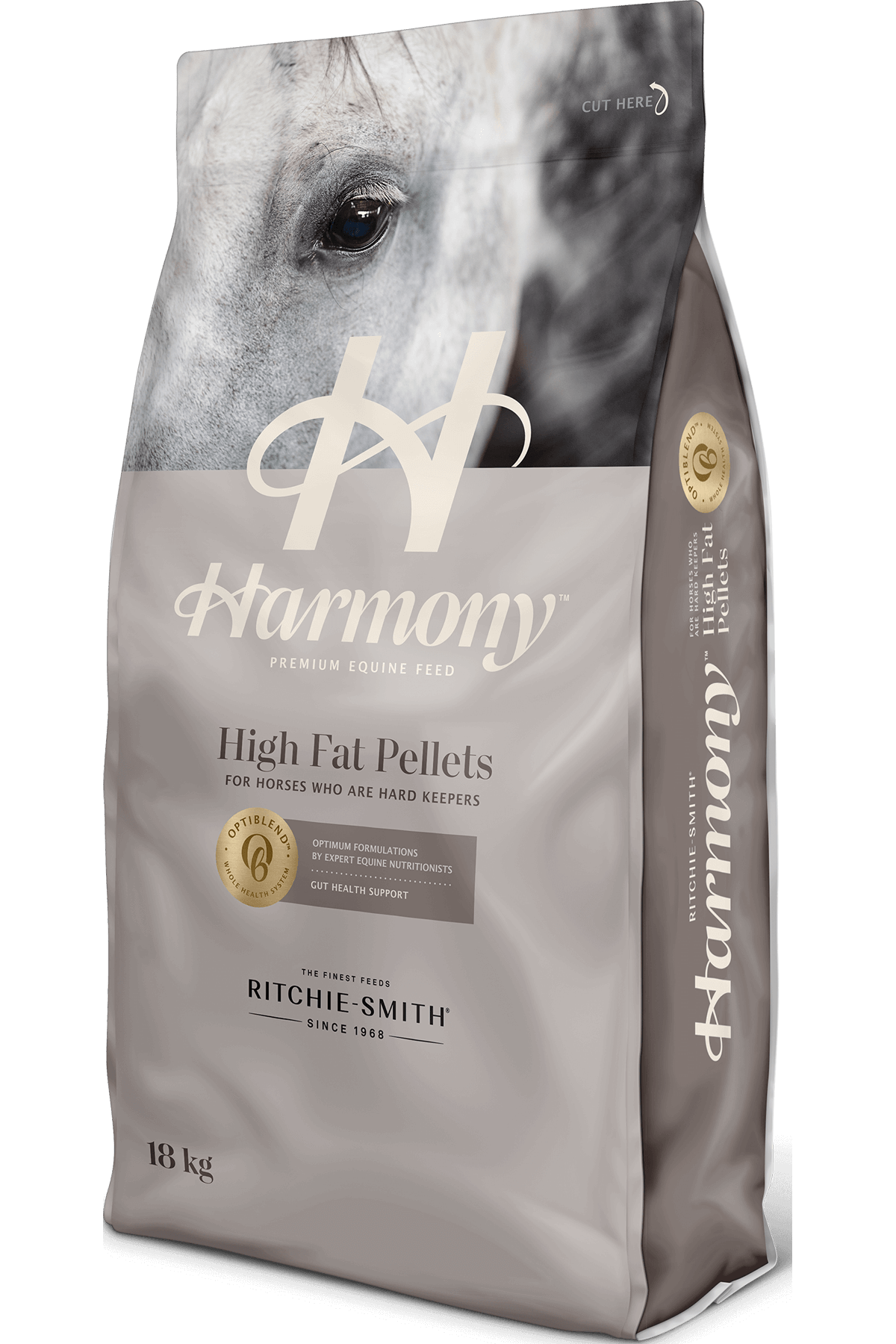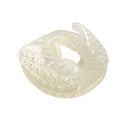How to Maintain Your Horse’s Hooves
eeping your horse’s hooves healthy is vital. As a horse owner, you probably heard of the expression “No Hoof No Horse,” that’s because the hooves have to bear a large proportion of your horse's weight. Consequently, your horse’s hooves need to be strong and healthy to support it throughout its life.
Nutritional Supplements To Maintain Healthy Hooves
Your horse’s hoof wall is made of a protein called keratin which can be damaged due to overuse, pressure and exposure to moisture. Protein consists of amino acids, and in the case of keratin, there are a few specific amino acids that are essential in forming strong, healthy hooves. These amino acids are methionine and lysine which tend to be deficient in horse diets. Without these building blocks, hoof growth is restricted and hoof integrity is likely to be poor. Healthy hoof growth is also based on a balanced intake of trace minerals such as zinc which is involved specifically with the integrity of skin, hair, and hoof, and is essential in a diet that supports hoof health.
Furthermore, biotin, also called vitamin B₇, is one of the B vitamins that is essential for the improvement of hoof quality in horses. Giving your horse 20 mg of biotin per day improves the growth of new hoof horns (not in the improvement of existing hooves), so its effectiveness depends on reliable administration at recommended levels. These effects take six to nine months to fully manifest, so hoof-repair strategy requires patience. KER Targeted Nutrition offers equine nutrition supplements that can help your horse build strong hooves.
Keep a Close Eye on Your Horse’s Hooves
It’s important to be able to identify issues that can develop with your horse’s hooves in order to act fast to prevent them from causing severe damage. For example, you should be on the lookout for thrush, punctures, cracks, and abscesses.
Horseshoes and Farrier Visits
To avoid some of the most common hoof issues you need to protect and care for your horse’s hooves. This means that you should consult with your farrier regarding the best horseshoes that will protect and meet the needs of your horse. You should also have your farrier regularly check your horse’s horseshoes to determine if new ones might be needed due to wear and tear. It is usually recommended that you have your farrier inspect your horse at least every couple of months.
Scheduling regular trims with your farrier to keep your horse’s hooves in proper shape and balance is also important since this can affect your horse’s hoof balance and prevent the edges from cracking and chipping. Your farrier can also check for problematic conditions that might need immediate therapeutic action before the condition becomes more serious, difficult, and expensive to treat.
TLC for Your Horse’s Hooves
As a horse owner, you should get into the habit of handling your horse’s hooves on a regular basis. By doing so, your horse will get used to having its hooves picked up and worked on which will make it easier for you to keep a close eye on its hooves and maintain them. What’s more, when you do handle them, you should check and pick out any stones or debris that is lodged in its hooves. It’s always a good idea to inspect your horse’s hooves before riding it, after your ride, and in the morning when you take it out of its stall.
Now that the weather conditions are becoming wetter and the ground muddier, your horse shouldn’t be left standing for hours in the mud or a wet pasture. Such conditions could cause thrush and if your horse is in deep mud when it attempts to move its leg, the suction could drag off a horseshoe (alternating wet and dry conditions can cause horseshoes to become loose). Naturally, your horse’s stall should also be clean with dry bedding to prevent bacterial or fungal growth.
Finally, you can avoid serious hoof issues by taking steps to prevent and manage them at an early stage. Applying products to combat bacterial and fungal infections such as Hawthorne’s Sole Pack Medicated Liquid Hoof Dressing or Hawthorne’s Sole Pack Medicated Hoof Packing you can help prevent hoof problems, maintain healthy hooves, and treat problems that may have gone unnoticed or unsolved.




